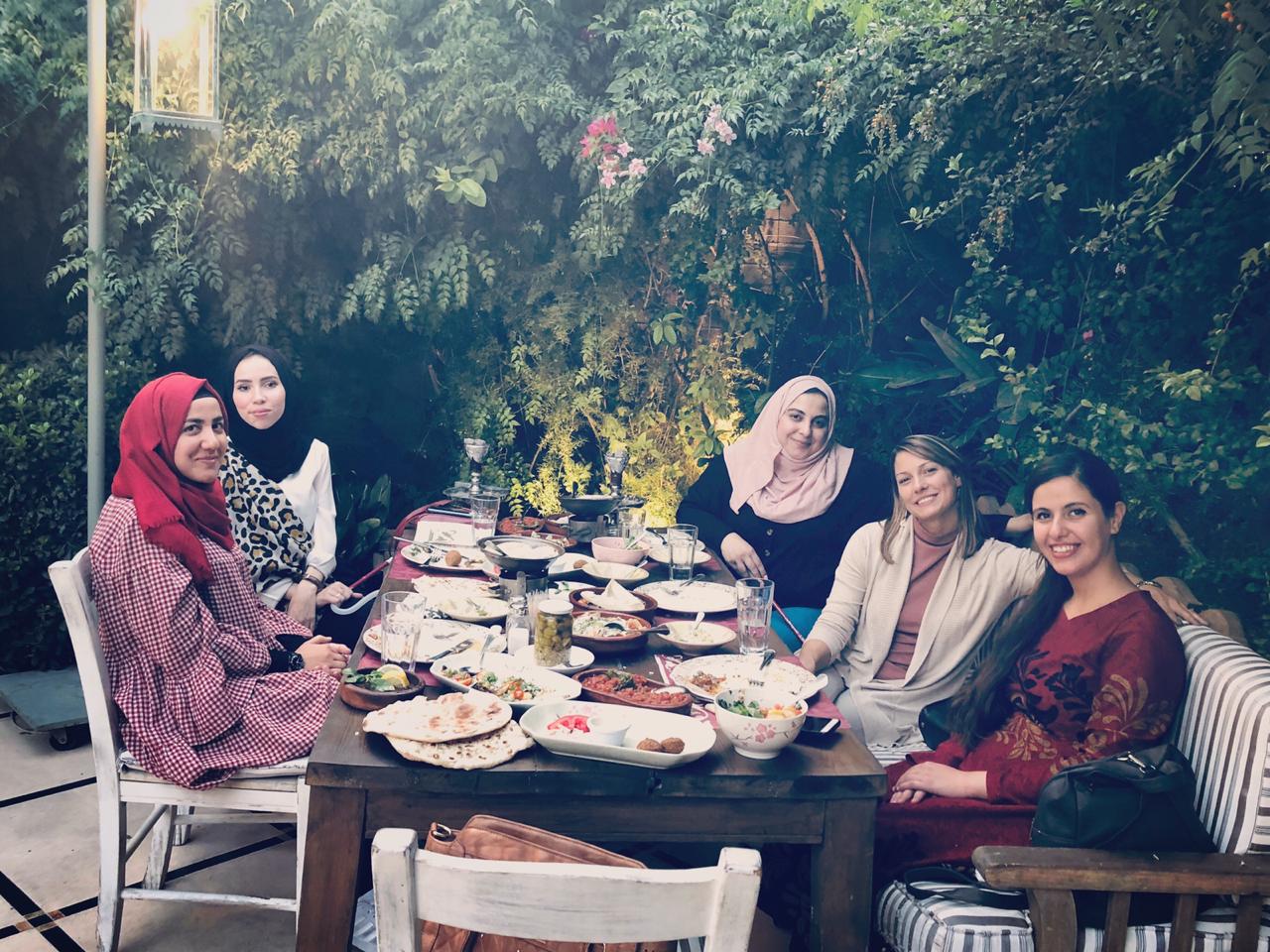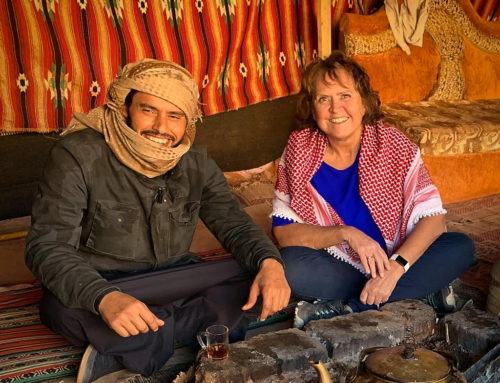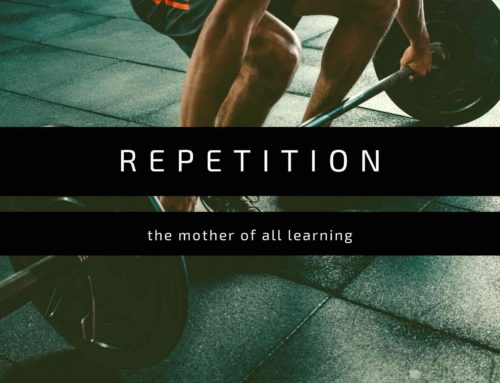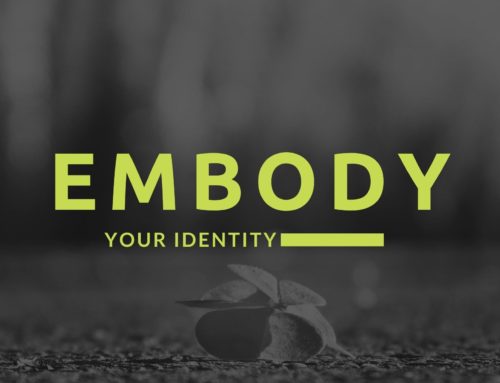People study languages for a lot of reasons. Some want to be able to read ancient texts in the original language. Others aim for proficiency in order to increase their pay grade in a multi-lingual world. Many people study Arabic in Jordan so that, while living and working in the Arab World, they can have real relationships with their friends, neighbors, and colleagues.
All of these motives for language study have ties to the linguistic field of Second Language Acquisition. From high school Spanish classrooms in the US to immersive study abroad programs, linguists are researching strategies to help us learn better.
For years, this research was dominated by a mainstream view of learning – “cognitivism.” Researchers looked at language learning in the same way that they looked at learning math or science or literature – by examining what was happening in the mind of the individual learner. This cognitive approach to research meant that many language programs around the world have also focused almost exclusively on the cognitive side of learning.
Learning Arabic with a Socially Oriented Approach
However, in the past few decades, leading researchers have proposed alternative approaches to language learning. These “socially-oriented approaches” examine a new set of questions:
What if language learning …
- Isn’t just an individual practice?
- Doesn’t just take place in the mind of the learner, but rather in the context of relationships?
- Is more about apprenticeship in a community than about knowing facts about the language?
Rather than the cognitive focus on the individual learner’s brain (acquisition of knowledge), socially-oriented approaches focus on the individual’s growth within the community (participation). Among these theories of research and practice stands Sociocultural Theory.
Sociocultural Theory advocates for an approach that best facilitate the learner’s participation in the community. This approach to language learning puts the learner in the position of an apprentice who is learning from experts. The classroom is a helpful environment – when it is reflective of your growing ability to participate in the broader Arab community. This theory argues that you’ll learn Arabic best when you’re in close community with native speakers.
Dynamics of Immersion when Studying Arabic
This is partly why “immersion” programs are so attractive. It makes sense that studying Arabic in the Arab World would be more efficient and effective than just taking a university class. Unfortunately, research on Study Abroad programs has also shown that being part of a host community isn’t a “given” for learners in immersion programs. Learners studying abroad often end up spending more time in the expat community – with speakers of their own language – than they spend in the host community. They attend language school, but outside of the classroom they see learning as a private activity and focus on memorizing vocabulary and grammatical rules without using what they’ve learned with host people.
Language learning isn’t just a mental activity that happens in the mind of the learner. Of course, there are many wonderful things that happen in your mind while you’re learning, but those things will happen whether or not you focus on social participation. Participation, on the other hand, requires intentional effort. It happens by engaging in the community first through your relationships with a small number of Arabs who are willing to help you in your language development, and eventually widening your circle to participate in Jordanian life with neighbors, shop owners, and friends.
What happens in the language learning classroom is important. But even more important is what happens when you step out of the classroom and into the wider community. As apprentices among experts, this step is scary. Our teachers understand us and can make themselves understood more than anyone else. But the more we engage with host people, the more we increase our capacity to grow into becoming full participants in the host community.
Do you see your language learning as something that’s just in your head, or as shared participation in a community?
Is your current language learning situation leading you to more engaged participation?





